Action
Great night life in Maldives with ‘Bodu Beru’

By Niuma Ugail
It so happens that Lisa from North Yorkshire, England was browsing through various holiday brochures. For her next holiday, she wants to visit an exotic place. The Maldives, of course is a place she has heard of, but never visited before. Stunning weather, pristine beaches and clear waters – that’s what comes to her mind when she thinks of the Maldives.
Then, a thought crossed her mind, “What about night life? Apart from watching the shimmering night sky and counting stars, what else can I do during evenings in a quite place like the Maldives?”
Well, your choices on pub crawling might be rather limited when you are holidaying in a remote island. However, nightlife in the Maldives is far from boring. There is a variety of options to choose from. As the saying goes, when in Rome do as Romans do, and so when you are in a remote island in the Maldives you must experience night life the Maldivian way.
In this respect, the traditional Maldivian music and dances are not to be missed. Bodu Beru, Thaara, Lagiri and Bandiya are some examples of how the locals combine traditional music with local dance moves. In particular, experiencing the famous Maldivian cultural dance of Bodu Beru is certainly a must.

Bodu Beru performers on a resort island in Maldives. PHOTO/ COCO COLLECTION
Bodu Beru in local Dhivehi language literally means the “Big Drums”. It has its origins and roots in East Africa, and therefore Bodu Beru invokes a certain type of inner feelings that one cannot explain. Historians believe that music came to the islands of the Maldives around the 11th or 12th Century AD – this is something the Africans and the Arabs passed to the islanders on their route to Asia. Like everything else, the traditional forms of this type of music and dance moves have evolved over the years and have neatly blended in with modern cultural norms.
When first seen, Bodu Beru would appear to be a mindless form of dance without any particular structure to it. However, this is far from it. In Bodu Beru, usually there are 10 to 15 people in a group. There is a lead singer who sings a traditional song and the rest sings the chorus. There are five to six drummers called Beruverin. The Beru or the drum is the main and most special instrument used in this traditional music. The drum itself is locally crafted with material readily available on the islands. For example, to craft a good drum one needs a piece of hollowed coconut wood with both ends of it covered either by manta ray or goat skin. A coir fibre wire can be tied to the wood piece which acts as a strap.
To play Bodu Beru, one would need to wear the traditional costume – usually a sarong and a white shirt. All the members in the band wear the same design of clothes. A typical Bodu Beru dance takes place on an open sandy beach where one half of the drummers will often face the other half, all standing in a row. The drum master will often sit at the centre, with a big drum giving the tempo and leading the rest of the musicians.

Tourists join in and dance during a performance of Bodu Beru. PHOTO/ KURUMBA MALDIVES
The most interesting and intriguing thing about Bodu Beru is that it gets people to stand and dance – perhaps because of its original connection to Africa! The music starts with a slow beat and in due course would lead to a hyperactive and almost to a frantic set of beats and moves. When the tempo of the music increases it naturally allows dancers to move all around in an improvised stage, in a very ample way, turning and twisting their bodies, moving their arms up and down, looking at each other or not, entering into some kind of phase that appears to be uncontrollable. The moves all come together in response to the beating of the drums. Along with the drums, dancers slowly start to sing a slow traditional Dhivehi song in a very languorous voice that progressively rise and speed up. As the song continues, the rhythm picks up and people come out of the chorus and dance to the music. As the rhythm of the drums takes on the night, the scene and the music can quickly become hypnotic. If you have the desire to invoke an inner state in you and increase the dopamine level in your brain without resorting to an illicit substance, then Bodu Beru certainly is the choice for you.
For a tourist, the traditional Bodu Beru dance is on the menu in almost all resort islands. Usually there are two to three evenings in which Bodu Beru is performed on resort islands. During those nights, guests can join the fun and are encouraged to join the chorus, singing and clapping along to the music. The Bodu Beru songs usually have rhyming words which makes it easy to follow and sing along, even if you do not understand Dhivehi. More importantly, the dance moves, surely, are easy to pick up. Besides, once you start moving to the rhythm of Bodu Beru, the “inner dancer” gets invoked, even if you have never danced before!
Note: Niuma Ugail is a Maldivian journalist currently reading for the BA in Public Relations with Journalism course at Leeds Beckett University in the UK.
Action
Sun Siyam Olhuveli invests in staff wellbeing with upgraded sports facilities
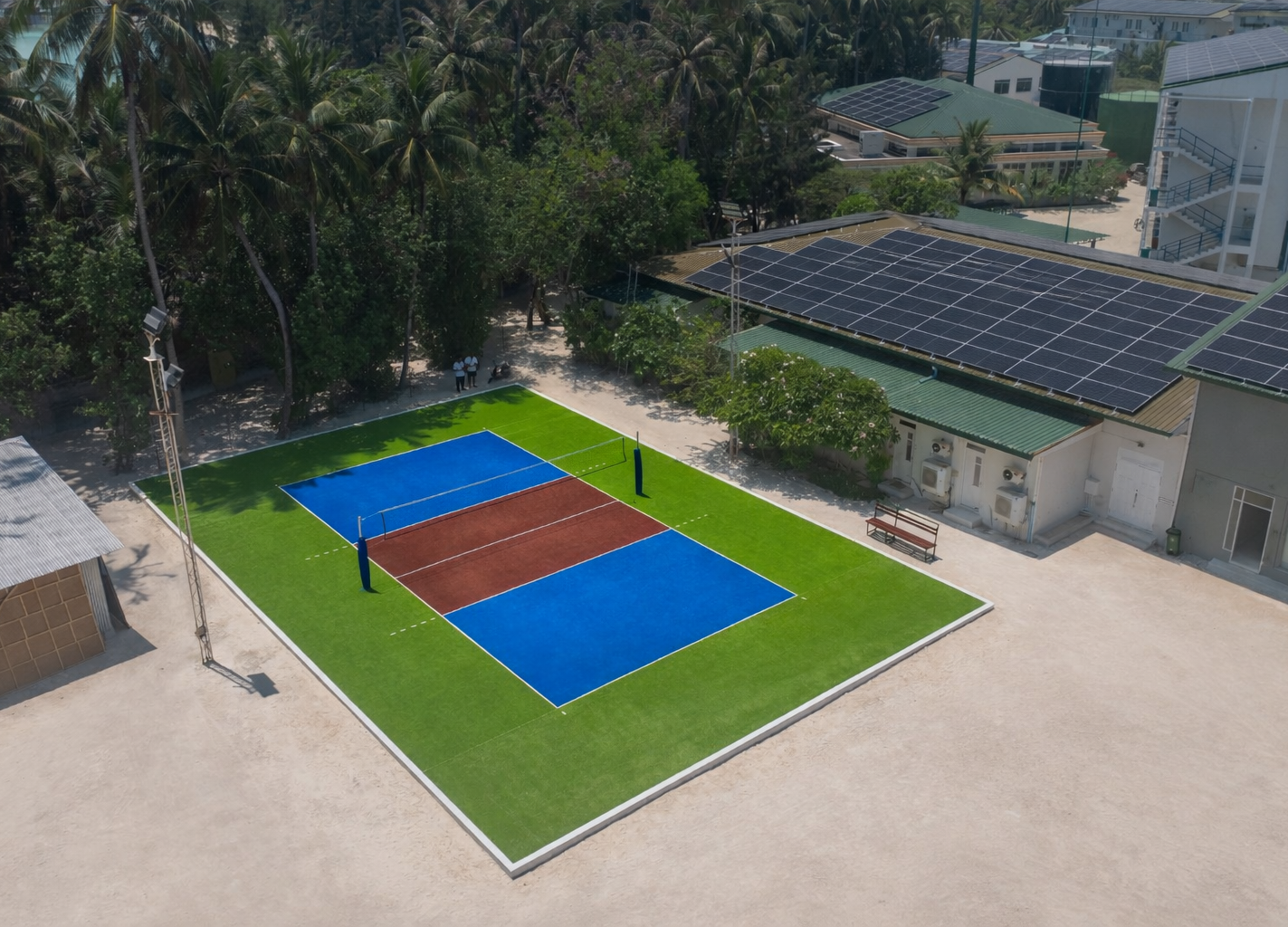
Sun Siyam Olhuveli has unveiled newly upgraded volleyball and futsal grounds for team members, reaffirming its commitment to employee wellbeing while advancing responsible, future-focused operations. The renovated volleyball grounds were officially inaugurated on 14 February, while the upgraded futsal ground opened earlier this year—together creating dedicated spaces for recreation, connection, and healthy competition across the island.
Designed to encourage regular physical activity and camaraderie beyond the workplace, the improved sports facilities represent a thoughtful investment in social infrastructure. They reflect a belief that wellbeing is fundamental to long-term performance, nurturing morale, teamwork, and a strong sense of belonging among team members.
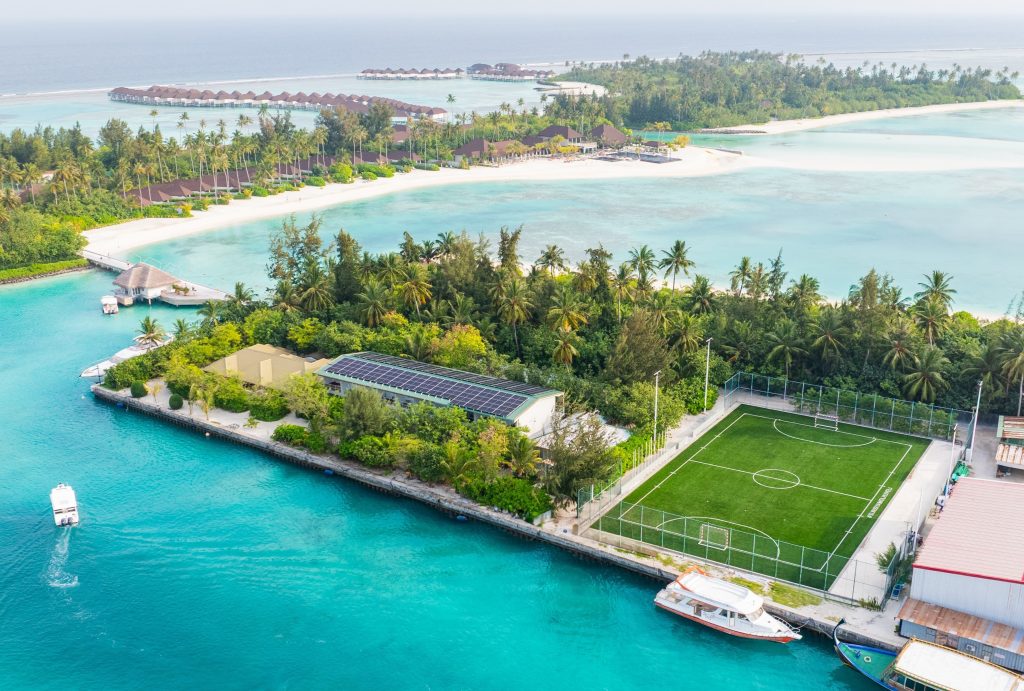
Alongside these developments, the resort has implemented NO BIN DAY every Tuesday, a practical initiative aimed at minimising food waste across operations. By encouraging mindful planning and responsible consumption, the initiative challenges teams to rethink habits around food—transforming sustainability into a shared, everyday discipline.
“Taking care of our people and the environment must go hand in hand. By investing in spaces that support our team’s wellbeing and introducing simple disciplines like NO BIN DAY, we are building a culture where responsibility is lived every day—naturally, collectively, and with purpose,” said Hassan Adil, General Manager of Sun Siyam Olhuveli.
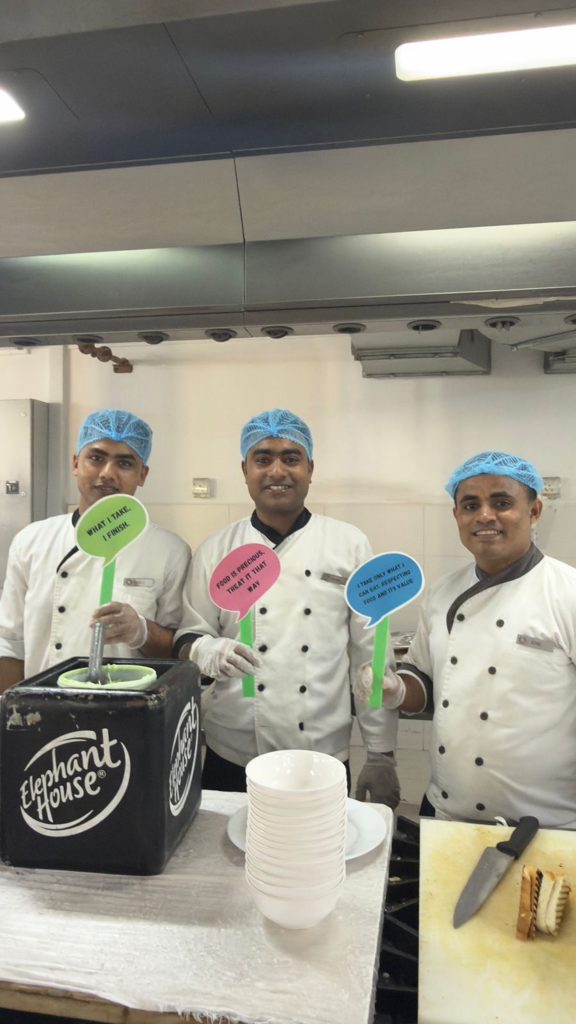
Both initiatives form part of Sun Siyam Care, the group’s corporate social responsibility platform, and align with the Social Infrastructure and Responsible Consumption and Production pillars under the GDS framework. Together, they reflect a people-first approach to sustainability—where everyday actions create lasting impact for teams, operations, and the wider community.
Sun Siyam Care is committed to creating a positive impact for people, communities, and the environment through responsible operations, social investment, and long-term sustainability actions across its destinations in the Maldives and Sri Lanka.
Guests are encouraged to learn more about these initiatives by visiting the Sun Siyam Care website at sunsiyam.com/sun-siyam-care.
Action
Sheraton Maldives Full Moon celebrates sixth anniversary of Reefscapers collaboration
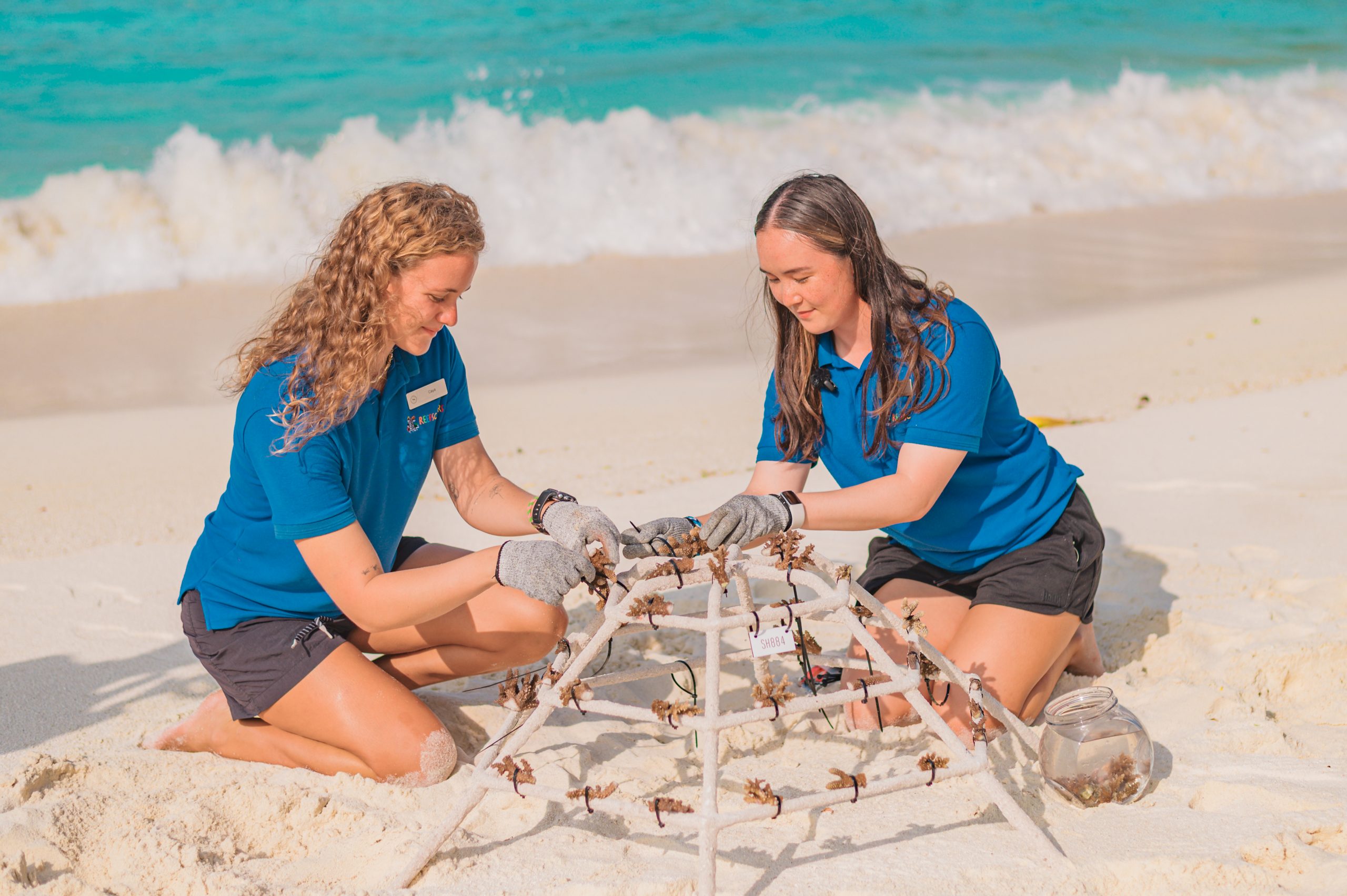
Sheraton Maldives Full Moon Resort & Spa marks the sixth anniversary of its partnership with Reefscapers on February 19, 2026, reaffirming its commitment to protecting and restoring the Maldives’ fragile reef ecosystems. Since launching the partnership in 2020, the resort and Reefscapers have worked together to restore coral habitats, support marine biodiversity, and engage guests in meaningful conservation experiences. The milestone also marks one year since the successful relocation of approximately five tons of coral to the resort’s house reefs — one of the partnership’s most significant conservation initiatives.
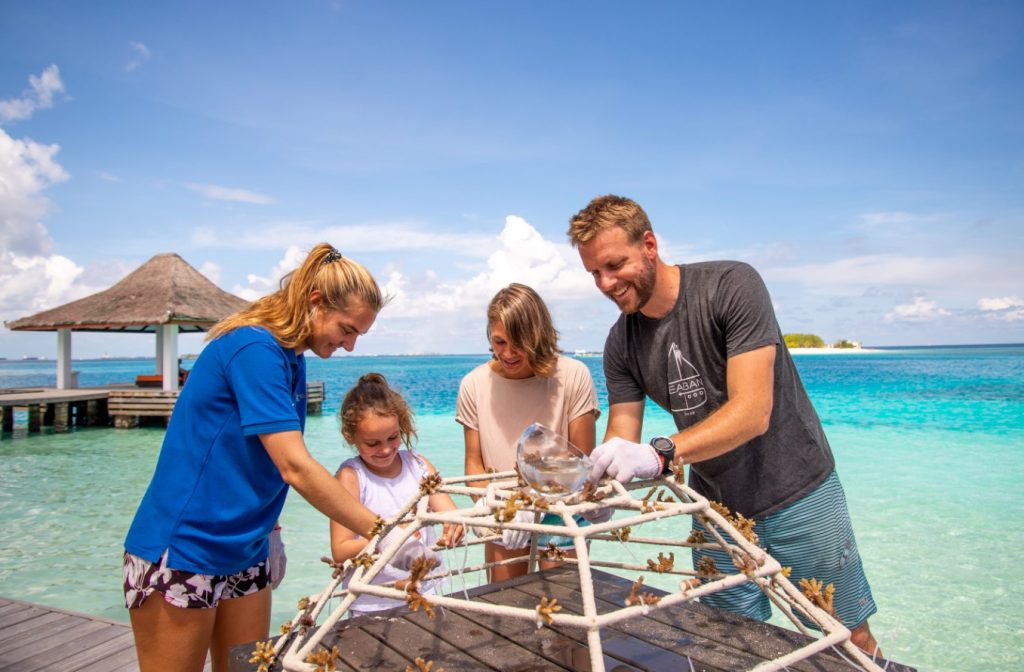
Over the past six years, the partnership has become a defining pillar of the resort’s sustainability journey, blending scientific restoration with purposeful guest engagement. To date, the initiative has resulted in the planting of 898 coral frames, supporting approximately 33,000 coral colonies now growing across the restoration sites. Through coral propagation, reef monitoring, and awareness programmes, these efforts continue to regenerate reef structures while deepening understanding of the essential role coral ecosystems play in sustaining marine life and protecting coastlines. Each thriving coral frame reflects a shared dedication to preserving the natural wonders that make the Maldives one of the world’s most extraordinary marine destinations.
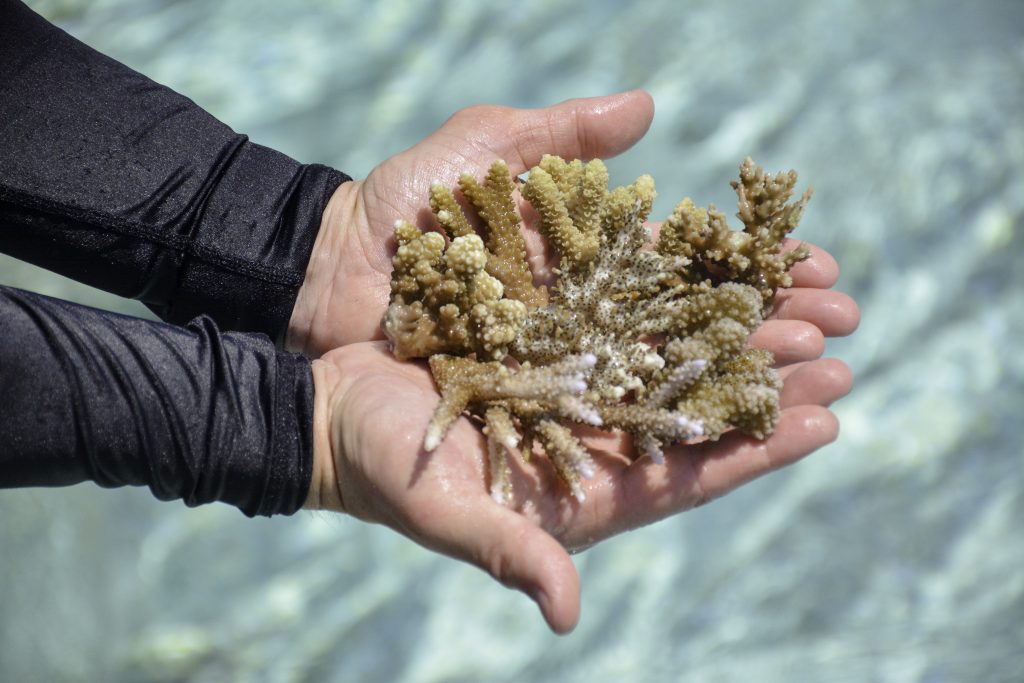
“What makes this partnership special is seeing how small, consistent actions turn into real change underwater. Watching the relocated corals settle, survive, and begin to grow over the past year has been incredibly rewarding for us and the guests who return and witness how they’ve helped restore a living reef,” shares Katelyn, the resort’s Marine Biologist.
A defining achievement of the collaboration has been the coral relocation project, which carefully transferred coral colonies from Ras Malé, also known as the Maldives Eco City, to the resort’s dedicated restoration site, safeguarding them from potential threats linked to land reclamation activities in the Fushi Dhiggaru Lagoon. One year on, these corals continue to flourish beneath the surface, strengthening reef resilience and contributing to the long-term health of the surrounding ecosystem.
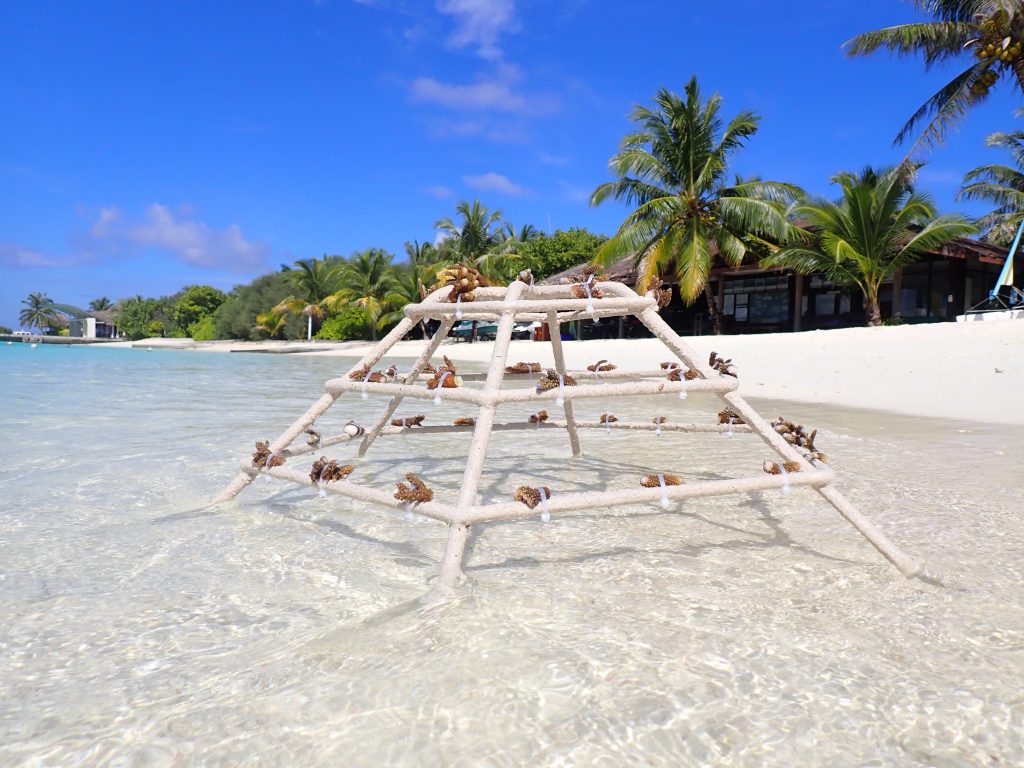
At the heart of the partnership lies the resort’s Adopt a Coral programme, part of the Good Travel with Marriott Bonvoy initiative, which encourages guests to travel with intention through meaningful environmental experiences. Through this hands-on activity, visitors can adopt and name a coral frame while learning directly from marine experts about coral ecology and the importance of protecting marine habitats.
To deepen this connection beyond the stay, guests receive growth updates on their adopted corals every six months, allowing them to follow the progress of their living contribution to the reef. As these corals grow over time, they become enduring symbols of renewal and shared responsibility, transforming a holiday memory into a lasting environmental legacy, and reflecting how travel can positively support local ecosystems and communities.
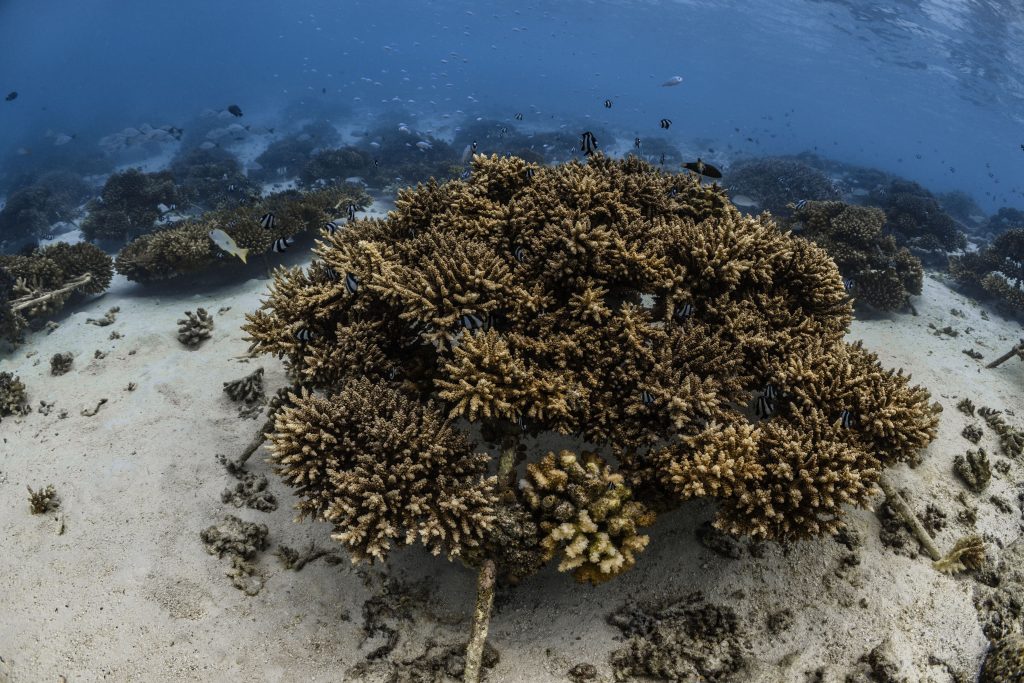
“Our island is surrounded by a remarkable marine environment, and protecting it is a responsibility we take seriously. Our partnership with Reefscapers reflects our belief that hospitality should go hand in hand with stewardship. Seeing the reef restoration progress over the past six years, and the involvement of our guests and associates in that journey, makes this anniversary especially meaningful for all of us,” comments Greg Allan, General Manager of Sheraton Maldives Full Moon Resort & Spa.
Through its continued collaboration with Reefscapers, Sheraton Maldives Full Moon Resort & Spa remains dedicated to advancing marine conservation while creating purposeful guest experiences rooted in sustainability, education, and connection to nature.
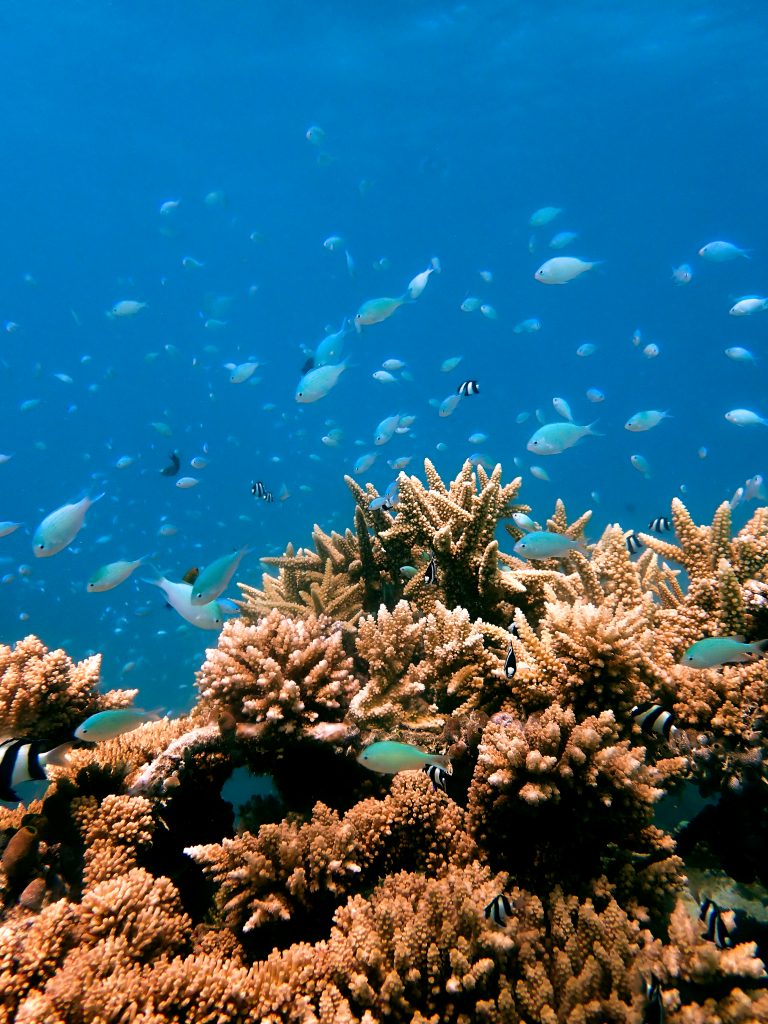
To discover more about the resort’s sustainability initiatives, join the Adopt a Coral programme, or plan a stay that supports reef conservation, visit sheratonmaldives.com or contact the reservations team at Sheraton.Maldives@sheraton.com.
Action
Sun Siyam Vilu Reef unveils expanded marine excursion portfolio

Sun Siyam Vilu Reef, part of the Sun Siyam Privé Collection, has introduced an expanded portfolio of water-based experiences designed to showcase the natural environment and marine life of the surrounding atolls. The enhanced programme combines exploration, activity and moments of calm, offering guests new ways to experience the Maldives through curated ocean journeys and personalised excursions.
Building on established activities such as Jet Car rides, SeaBob adventures and windsurfing, the resort has expanded its watersports offering to include private speedboat journeys and bespoke marine experiences. These additions are tailored for small groups seeking intimate and meaningful encounters with the ocean.
Available daily from the resort’s Watersports Centre, the new private speedboat excursions provide a personalised way to explore the hidden marine sites of Dhaalu Atoll. Designed for one to four guests, each journey offers flexibility and individual attention. Guests may choose from four-hour, five-hour or full-day itineraries, all of which include a freshly prepared barbecue lunch. From coral gardens to secluded sandbanks, the excursions highlight the region’s diverse marine landscapes.
The programme’s centrepiece is the Full Day Adventure Trip, which offers an extended exploration of key marine locations. Highlights include the Coral Garden, known for its biodiversity and reef formations; Turtle Point, where sea turtles are frequently sighted; and Nurse Shark Point, which provides opportunities to observe nurse sharks in their natural environment. The experience concludes with a beachside lunch on a private sandbank, set against uninterrupted views of the Indian Ocean.
For guests seeking a balance between activity and relaxation, the Waves of Adventure and Calmness experience combines a private two-hour snorkelling safari or Jet Ski safari with a full-body massage at the resort. The programme is designed to transition smoothly from ocean exploration to restorative island time, reflecting the relaxed pace that characterises Sun Siyam Vilu Reef.
As part of the Sun Siyam Privé Collection, Sun Siyam Vilu Reef continues to focus on personalised service and experiences rooted in the natural setting of the Maldives. Through its expanded watersports offering, the resort invites guests to engage with the marine environment while enjoying a sense of privacy, discovery and connection to the Maldivian seascape.
-
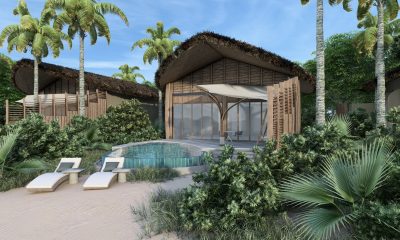
 News1 week ago
News1 week agoPulse Hotels & Resorts unveils Aura Maldives, a mindful luxury sanctuary
-
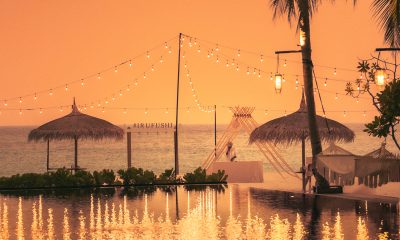
 News1 week ago
News1 week agoSun Siyam Iru Fushi sets new nenchmark with 24 Hour Premium All Inclusive Dine Around
-
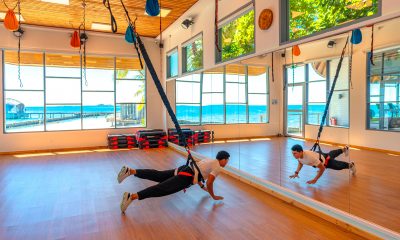
 Fitness1 week ago
Fitness1 week agoOUTRIGGER Maldives Maafushivaru launches expanded wellness programming for 2026
-
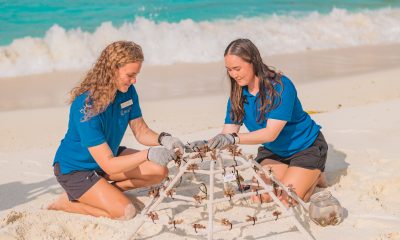
 Action1 week ago
Action1 week agoSheraton Maldives Full Moon celebrates sixth anniversary of Reefscapers collaboration
-
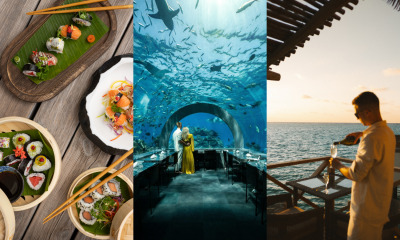
 Featured1 week ago
Featured1 week agoYou & Me Maldives unveils curated Premium All Inclusive programme
-
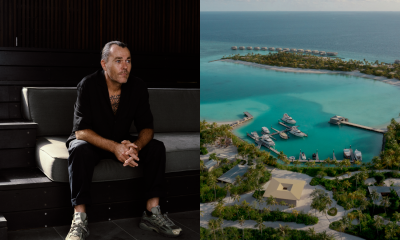
 Cooking1 week ago
Cooking1 week agoPatina Maldives hosts Chef Shannon Bennett for exclusive April residency
-
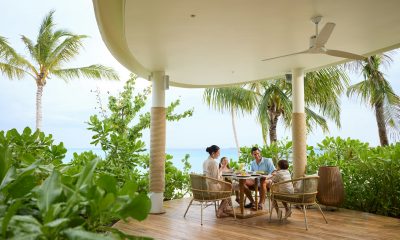
 Awards1 week ago
Awards1 week agoCentara Mirage Lagoon Maldives named Luxury Family Friendly Resort of the Year
-
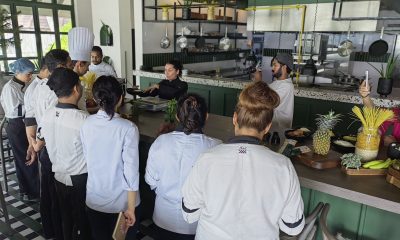
 Cooking1 week ago
Cooking1 week agoSun Siyam Olhuveli hosts Italian Chef Francesca Gambacorta at Milano restaurant













